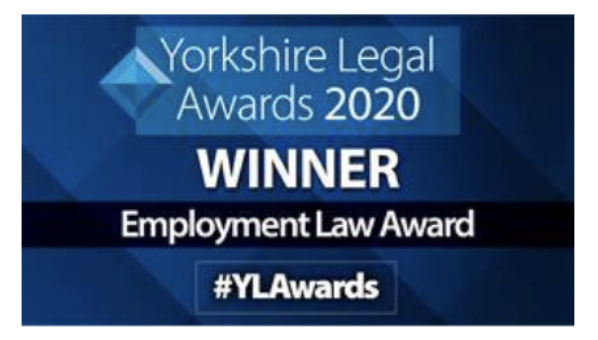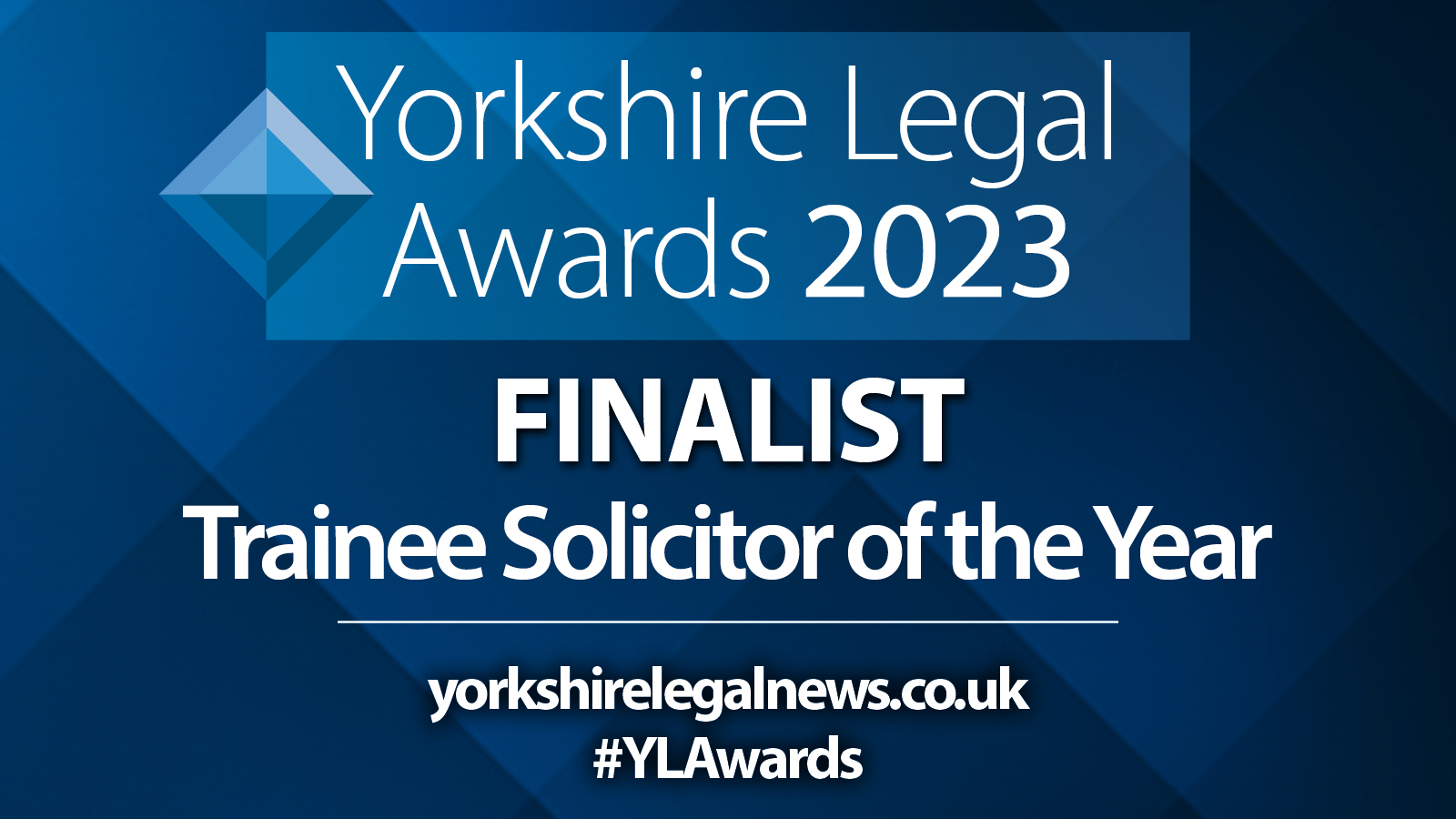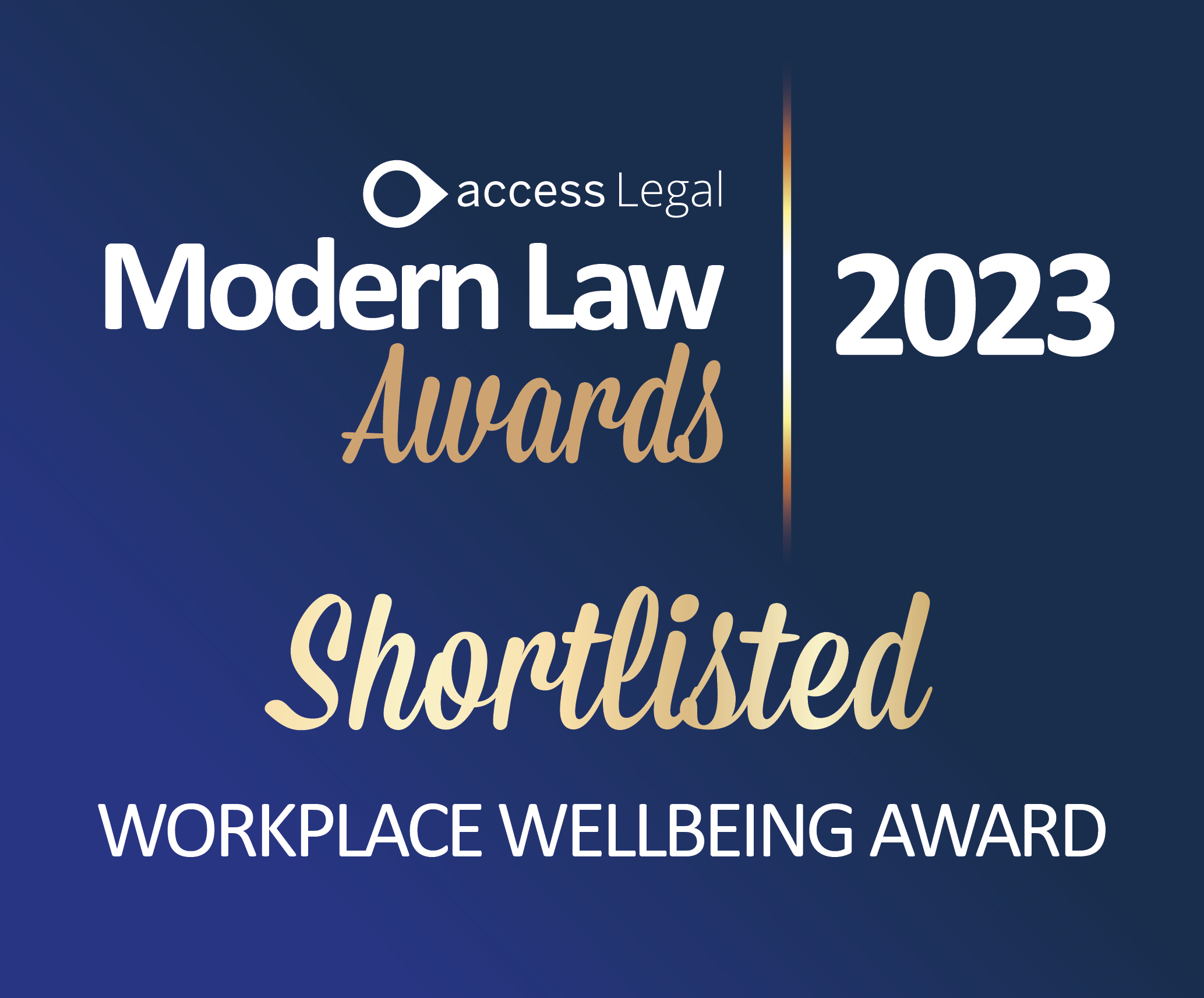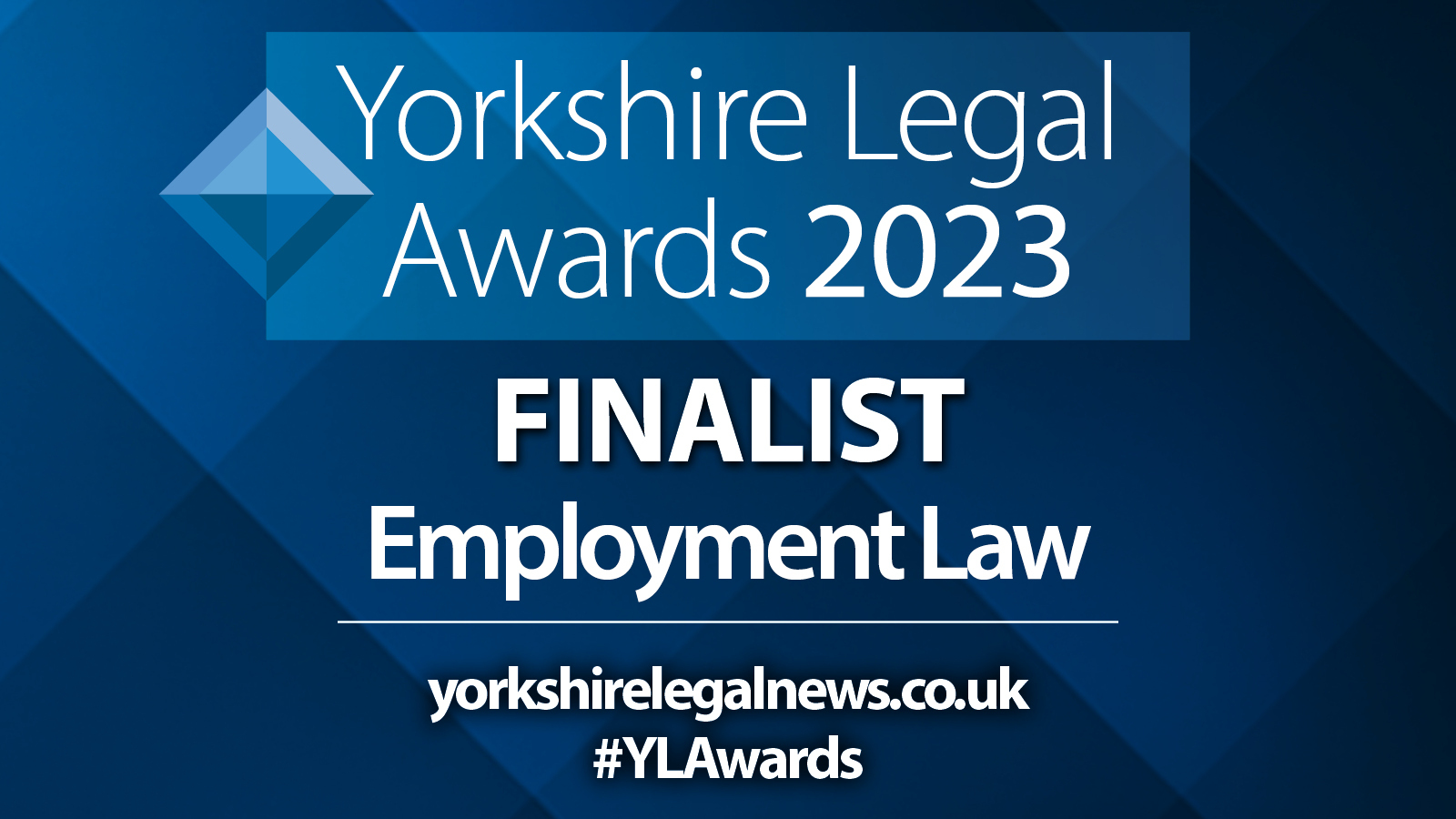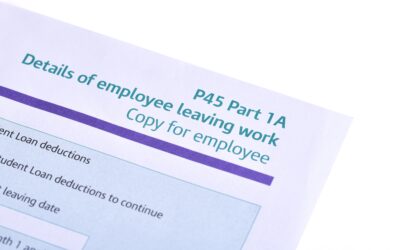Employment Law Services
Offices in Leeds, Harrogate, and London. Working with clients across the UK and overseas.
Settlement Agreements Leeds
The Employment Law team at Consilia Legal consists of dedicated and experienced expert settlement agreement solicitors in Leeds focused on your needs. We act for both businesses and individuals in relation to settlement agreements (formally known as compromise agreements).
What is a Settlement Agreement
A settlement agreement is a legally binding contract between an employer and an employee. This type of agreement normally results in a waiver by an employee of his or her rights to make any claims covered by the agreement to an employment tribunal or civil court.
Settlement agreements can be proposed by either an employer or an employee and can be offered at any stage of an employment relationship. They are most commonly used to end employment on agreed terms or to resolve an ongoing dispute, for example, a dispute over holiday pay.
In order for a settlement agreement to be legally binding, certain conditions must be met. The main ones are:
- It must be in writing;
- The agreement must relate to a particular complaint or proceedings;
- The agreement must be signed by the employee;
- The employee must have received independent legal advice on the terms from a lawyer or a certified and authorised member of a trade union;
- The adviser must be identified in the agreement and the adviser must be insured;
- The agreement must state that the statutory conditions regulating settlement agreements have been met.
Usually, there is a process of negotiation during which both sides state their proposals or counter-proposals until an agreement is reached or until it is clear that no agreement can be reached. Settlement agreements are voluntary on both sides and neither party has to agree to it or enter into discussions about them. Conversations about settlement agreements are normally conducted on a without prejudice basis. They are also sometimes mentioned as part of a protected conversation.
Where the parties are unable to reach an agreement, the settlement discussion cannot usually be referred to as evidence in an employment tribunal or in other court proceedings.
We are able to provide assistance with drafting binding settlement agreements on behalf of employers and do so normally on a fixed fee basis. We work with you to tailor the documents to the particular circumstances and also to ensure that your communications protect your business but also reflect the tone you want to take with your employees.
Our team are highly experienced in this area as well as in wrongful dismissals and redundancies. If you require any help or assistance please contact our Employment Law Solicitors in Leeds. directly on 0113 3229222
Contact Our Employment Law Team
On page form
Form for all pages
"*" indicates required fields

Read Our 5 Employment Law Star Reviews

Fantastic support
★★★★★
The highest of recommendations to Marie and her team. Personable, supportive and incredibly knowledgeable. In times where you absolutely have to be on point in matters both personal and corporate you need a team you can trust and that team is Consilia.
Did Not Disappoint
★★★★★
Marie was recommended to by a friend – and she did not disappoint. Great client service from the whole team, very practical and pragmatic advice and a happy client at the end of it!
Thank you, all. Highly recommend for employment law advice.
Thank you
★★★★★
I’d like to take the opportunity to say a big thank you to Andy Boyde for helping me with my employment issue. For someone who was in a difficult situation his knowledge and expertise helped guide me through the process. He always provided quick responses and was readily available to provide expert advice whenever I needed it. I was impressed with the knowledge and professionalism shown and would recommend him if you are ever in a complicated employment situation.
Patient & Understanding
★★★★★
I spoke with Victoria Horner who gave me not only patience and understanding, but excellent legal advice that left me feeling confident. I would definitely recommend Victoria and Consilia Legal.
Seriously On The Ball
★★★★★
Cannot recommend this company enough. Seriously on the ball, ring you back when they say they will and completely exceed expectations. Thank you Andy and all at Consilia.
Couldn’t have been happier
★★★★★
I couldn’t have been happier with your service – you and your team were a pleasure to deal with. I had absolute confidence in Marie and loved her pragmatic and no nonsense approach. I was also treated with total respect at what was a personally challenging time for me. Couldn’t recommend you highly enough.
Put me at ease
★★★★★
Marie put me at ease at all times and trusted that she would always work for my best interest. She did not let me down.
So grateful
★★★★★
I am so grateful for all your help and support on this matter. It had been the first time I had been in such a situation and felt nervous and uncertain. Marie put me at ease and helped me to get a deal I was happy with. Thank you.
FAQ’s on Settlement Agreements
Settlement Agreements, also known as Compromise Agreements, are legal documents that often mark the end of an employment relationship. Whether you’re an employer or an employee, navigating the intricacies of these agreements can be daunting. To shed light on common queries, we’ve compiled a list of frequently asked questions (FAQs) about Settlement Agreements.
What is a Settlement Agreement?
A Settlement Agreement is a legally binding document that outlines the terms under which an employee agrees to leave their employment. It typically includes details about financial compensation, confidentiality, references, and the employee’s agreement not to pursue legal action against the employer.
Do I Need Legal Advice For A Settlement Agreement?
Yes, it is a legal requirement for the employee to seek independent advice from a relevant adviser before signing a Settlement Agreement. This ensures that the employee fully understands the terms and implications of the agreement. Employers often contribute to or cover the costs associated with obtaining legal advice.
What Terms Does a Settlement Agreement Include?
Settlement Agreements are customisable, but they commonly include:
-
- Financial Settlement: Details about any compensation offered.
- Confidentiality: Terms governing the confidentiality of the agreement.
- References: Information about the nature of references the employer will provide.
- Legal Fee Contribution: It is common for employers to make a contribution to an employee’s legal fees. The average contribution is between £350 – £500 plus VAT.
- Post-Termination Restrictions: Any restrictions on the employee’s future professional activities.
Is the Financial Settlement Taxable?
The tax implications of the financial settlement depend on its nature. Statutory redundancy payments are typically tax-free, but other payments may be subject to taxation. It is advisable to seek guidance from a tax professional to understand the specific implications in your case.
Can I Negotiate the Terms?
The terms of a Settlement Agreement can be negotiable, and both parties may engage in discussions to reach a mutually acceptable arrangement. Employees should feel empowered to negotiate terms that address their individual needs, and employers may also be open to reasonable amendments. Employees will need to be aware that by entering into negotiations this can bring with it the risk that Employers withdraw the offer on the table.
Can I Raise a Grievance After Signing?
In most cases, signing a Settlement Agreement means the employee agrees not to pursue legal action or raise grievances related to their employment. However, there may be exceptions, you must you seek legal advice if you want to raise a grievance after signing a Settlement Agreement or if you believe you have grounds for a claim. Being in breach of a Settlement Agreement by bringing a claim can bring with it serious financial consequences.
We would recommend arranging an initial consultation with one of our specialist family team who can assess your situation.
How Long Do I Have to Consider the Agreement?
Employees are typically given a reasonable amount of time to consider the terms of the Settlement Agreement. ACAS guidance advises a minimum of 10 days. This ensures that the decision to sign is not rushed, and the employee has sufficient time to seek legal advice and fully understand the agreement.
What Happens if I Refuse to Sign?
If an employee refuses to sign a Settlement Agreement, they retain their legal rights to pursue claims against the employer. However, employers may then proceed with standard dismissal procedures, potentially resulting in a less favourable outcome for the employee.
Settlement Agreements involve complex legal considerations, and understanding the finer details is crucial for both employers and employees. These FAQs provide a starting point, but it’s essential to seek professional legal advice tailored to your specific circumstances when dealing with Settlement Agreements. Clear communication and a thorough understanding of the terms can lead to a smoother resolution of employment matters.
Award Winning Leeds Employment Law Solicitors
At Consilia Legal, our employment law team have achieved numerous accolades and recognitions, whether as nominees, finalists, or winners of prestigious Legal Awards. We're also ranked in the top three employment Solicitors in Leeds on Three Best Rated for the fourth consecutive year.
Our team of expert Leeds Employment Solicitors are dedicated to securing the best outcomes for our clients, from general employment law matters to complex Settlement Agreements. We're proud to have our highly regarded Employment law team featured in the esteemed Chambers and Partners publication. Our excellent reputation, evident in our 5 star reviews for Employment Law Matters on Review Solicitiors extends throughout Leeds and the Yorkshire region, and we're ready to represent you with your Employment Law matter, wherever you are located.
Latest News in our Blog
What are my rights as an employee?
The Labour Manifesto (Labour’s plan to make work pay – Delivering a new deal for working people) (New Deal), contained the following wording: “Our...
Employment Tribunals – Navigating the process
If you are considering submitting an Employment Tribunal claim against your employer or you are an employer who has had an Employment Tribunal claim...
What is classed as sexual harassment in the workplace?
Sexual harassment occurs when a person engages in unwanted conduct of a sexual nature that has the purpose or effect of: Violating someone’s...



